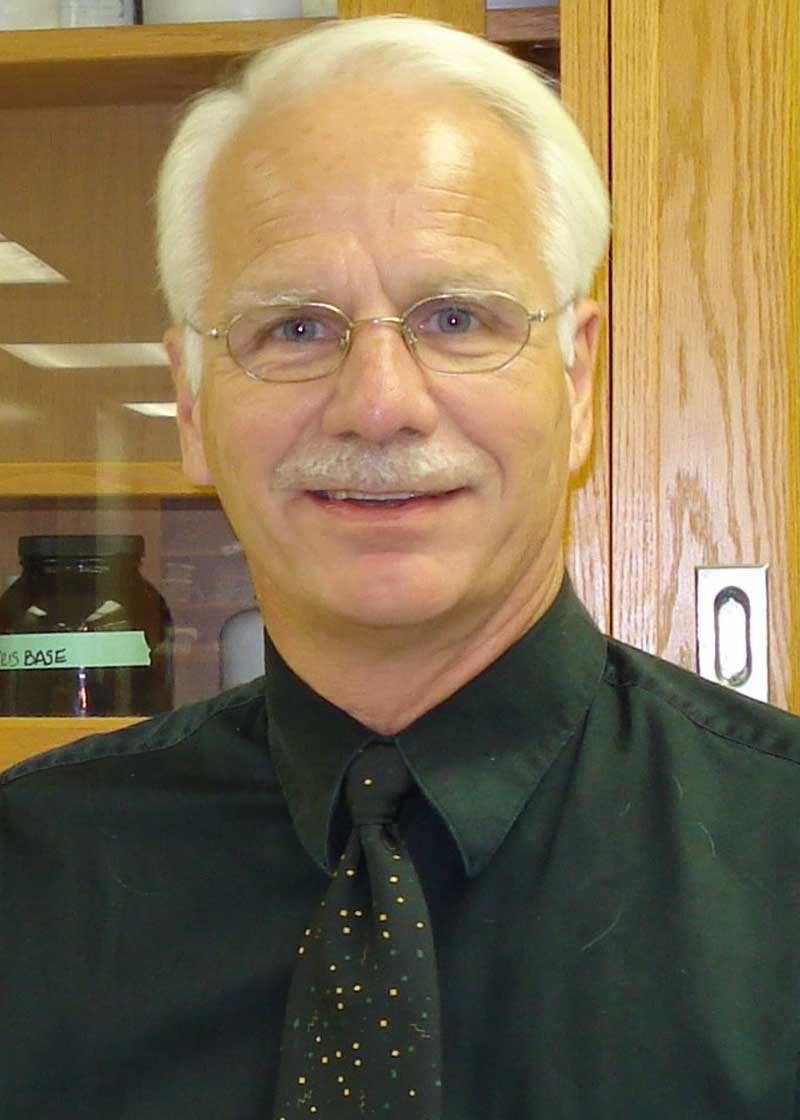Professor, Department of Cell, Developmental and Integrative Biology
CH19 503
(205) 934-6086
Dr. J. Michael Wyss (b. 1948), Professor (Cell Biology, Medicine, Neurobiology, and Psychology), completed his undergraduate studies in neurobiology at Concordia College, Indiana (B.S., 1970), and received a Ph.D. in neurobiology from Washington University (St. Louis) in 1976. During his postdoctoral studies at Washington University School of Medicine, he applied cell biological methods to elucidate the role of the limbic cortex in behavior and autonomic control and has continued to expand this research at Birmingham (1979-present). His work on the central control of the autonomic nervous system has propelled him into the studies of the neurocellular mechanisms controlling arterial pressure. Outside of the laboratory, he enjoys swimming, soccer, and photography.
Research Interests:
The current studies in our laboratory include two major research areas. The first research focus is on neuronal plasticity and grows out of our studies demonstrating that a specific group of pyramidal neurons in the rat retrosplenial cortex display a dramatic alteration in their structure as the animal ages. These neurons show considerable plasticity in these rats, in that their apical dendrites diminish to about 1/3 of its normal length, while basal dendrites extend to about 4-5 times their adult length. Concurrent with these changes in structure, we have demonstrated that cellular, molecular and behavioral changes occur, including a significant decrease in spatially learning. We have recently expanded these studies to investigate the role that a newly discovered growth and differentiation factor (neuregulin) and its receptors (erbB 2-4) play in neuronal plasticity in the normal and Alzheimer-diseased brain. These studies have demonstrated that neuregulin and its receptors are present throughout the mature brain, that the addition of neuregulin increases the rate of neuronal differentiation in vitro and that neuregulin redistributes in the cerebral cortex following neuronal injury. These studies employ cellular and molecular techniques, transgenic manipulations in mouse, neural recordings, nerve pathway tracing and plasticity measures, biochemical analyses, etc.
The second focus of our research involves the role of the central nervous system in the pathogenesis of hypertension. In these studies, we are testing the mechanisms by which a decrease in norepinephrine release in the anterior hypothalamic nucleus leads to salt-sensitive hypertension. We have recently demonstrated that in addition to the selective changes in the hypothalamus, high salt diets also alter the ability of arteries to vasodilate and that this is due, at least in part, to an alteration in the NO signaling cascade. These studies have also demonstrated that estrogen protects females from hypertension and underlying neurological dysfunction associated with a high salt diet. These studies employ the whole animal integrated physiology, monitoring in awake, freely moving rats and mice, transgenic mouse models, microdialysis in awake rats and mice, neuronal recordings, molecular detection of neuronal activity, NMR, etc.
Potential Rotation Projects:
- Role of neuregulin as a neuronal proliferation and differentiation factor in normal and transgenic mice
- Beneficial effect of estrogen on stroke outcome
- Dietary NaCl excess stimulation of renal tubular ENaC activity
- Effect of phytoestrogens on learning and memory and neuronal function Biography
